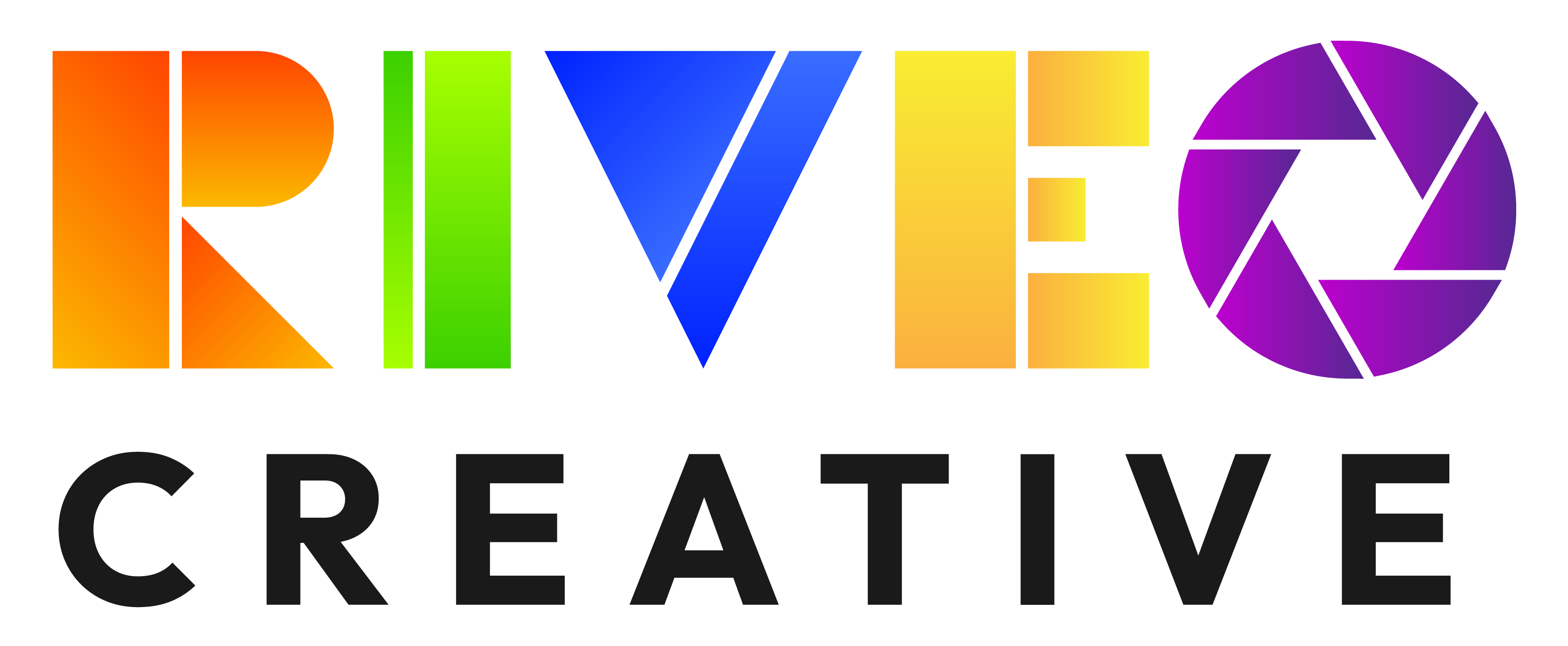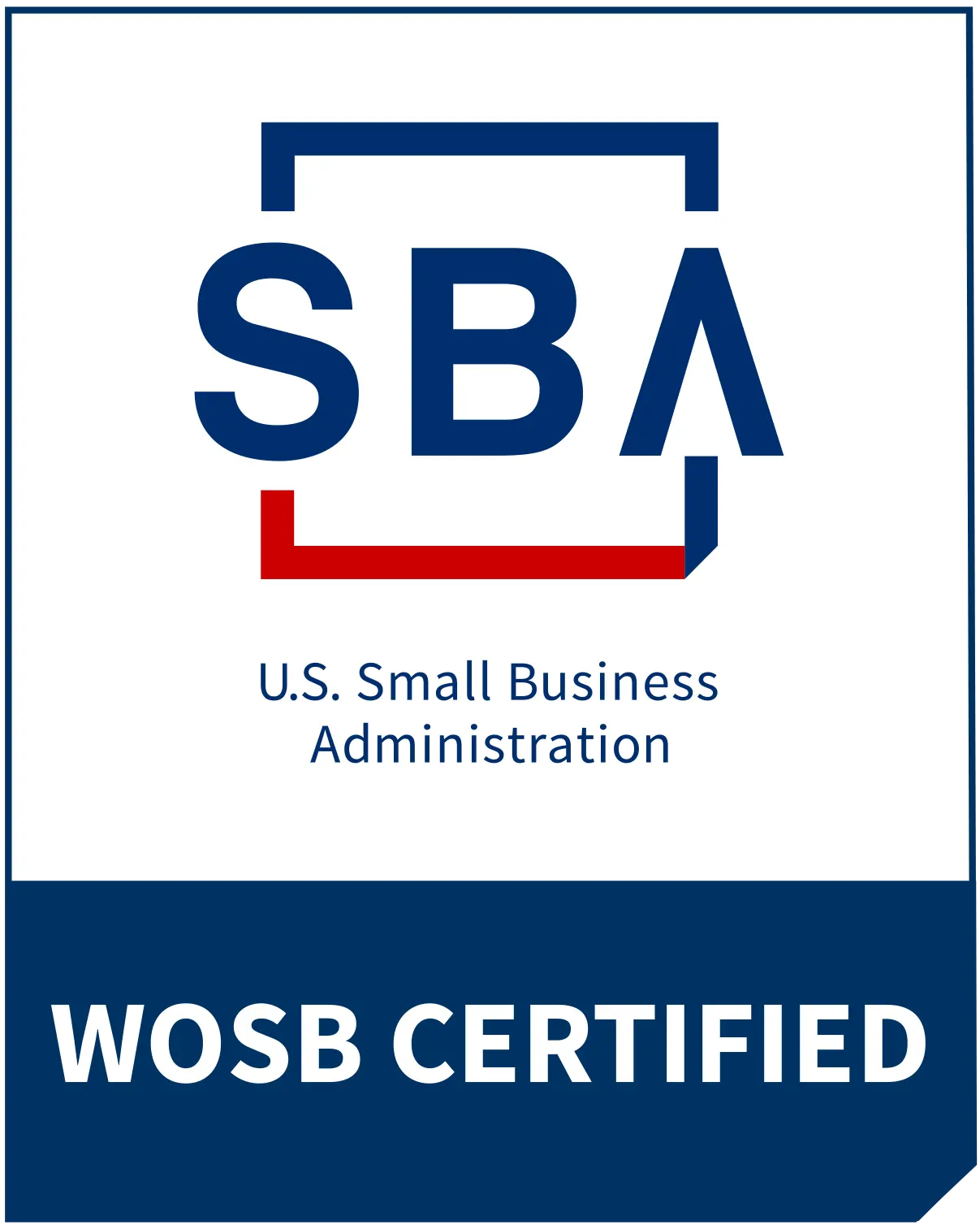When Nancy Levine Stearns reflects on her career, the thread that connects her many roles—human resources leader, executive recruiter, author, and journalist—is people. From her earliest days at American Express in the 1980s to her reporting today, she has remained focused on how talent, values, and culture shape the organizations that shape our world.
But in recent years, Nancy has become a voice documenting one of the most charged and misunderstood conversations in business: diversity, equity, and inclusion (DEI). Her reporting challenges the narrative that corporations are “walking away” from DEI. Instead, she has found overwhelming evidence that companies—backed by their boards and shareholders—are standing firmly behind inclusive practices.
From Pug Philosophy to Corporate Governance
Nancy’s journey is anything but conventional. After working in corporate HR and executive search, she published The Dao of Pug, a playful yet profound book inspired by her dog that used Daoist philosophy to explore harmony and instinct. Even then, purpose and balance were at the core of her work.
Her path eventually led into journalism, where she focused on corporate governance and reputation. “It was a rather natural or organic segue into pressing that bridge between best practices in corporations,” Nancy explains. Her work centered on one fundamental question: What is the company’s reputation, and how does it define itself? What are its values?
Ultimately, the importance of evaluating a company’s ethics cannot be overstated. Beyond profit margins and shareholder returns, an organization’s long-term success depends on whether it aligns its actions with its stated values. Companies that prioritize ethics and accountability not only strengthen trust among stakeholders but also build resilience in times of controversy. In an age where reputation is inseparable from business performance, ethics are no longer a “nice-to-have” — they are a strategic imperative.
The Costco Moment—and Beyond
Nancy had planned to retire at the start of 2025—until a pivotal story caught her attention. Costco’s board had urged shareholders to reject an anti-DEI proposal. When Nancy learned that a group of shareholders wanted the company to abandon its diversity policies, she knew she had to write about it.
Despite political and legal pressures, the results were decisive: 98% of Costco’s shareholders voted to keep the company’s commitment to inclusion. It was a striking moment not just for Costco, but for the larger corporate landscape.
As Nancy discovered, Costco was not an outlier. In 2025 alone, at least 27 of America’s largest corporations saw shareholders side overwhelmingly with their boards to reject anti-DEI measures. The votes weren’t close—support for maintaining existing policies regularly came in between 97–99%.
Challenging Misinformation
Still, narratives persist—fueled by conservative activist groups, political campaigns, and social media influencers—that companies are “abandoning” DEI. Nancy’s reporting through her platform, Impactivize, tells a different story.
With a database of 400 corporations that have publicly stated their commitment to DEI, Impactivize empowers consumers to “vote with their dollars.” This echoes the NAACP’s Black Consumer Advisory, which highlights the $1.7 trillion in spending power that can be directed toward companies walking their talk on inclusion.
DEI Is Good for Business
When the CEO of Merck declared at the company’s annual meeting that diversity and inclusion is a “strategic imperative,” it wasn’t just a slogan. It reflected a growing recognition among corporate leaders that DEI is directly tied to performance, innovation, and profitability.
Nancy emphasizes that companies do not pursue DEI out of altruism alone; they do so because it strengthens their bottom line. “If this were not good for the bottom line, they would not do it,” she notes. The world’s largest corporations, backed by some of the most powerful asset managers, are laser-focused on profitability. Their continued investment in DEI is a signal that inclusion fuels measurable returns.
The benefits extend across multiple dimensions:
- Innovation and problem-solving. Studies consistently show that diverse teams bring broader perspectives and are better at identifying creative solutions.
- Talent acquisition. In hyper-competitive industries, limiting the talent pool through bias is not just unfair—it’s bad business. DEI expands access to the very best people.
- Market alignment. Corporations with diverse teams are more attuned to a global customer base, making their strategies more effective and their products more appealing.
- Reputation and resilience. Companies that demonstrate a commitment to fairness and inclusion earn consumer trust, making them more resilient during times of crisis.
Even when critics argue that DEI initiatives compromise merit, research says otherwise. A recent MIT Sloan Management Review study found that DEI actually enhances merit by widening the pool of qualified candidates and reducing bias in hiring. As Nancy puts it, DEI “expands the talent pool so we can make the best hires… evening the playing field so that we can consider the best talent and the best hires.”
Lessons for Small Businesses
While Nancy’s reporting focuses on Fortune 500 companies, she stresses that the lessons apply to organizations of all sizes. “I think the principles are kind of the same,” she says. “Whether you’re hiring 10 people or 10,000, you want access to the best talent, and you want to reflect the diverse world we live in.”
For small businesses, the takeaways are both practical and inspiring:
- Access to Talent Matters. Don’t let bias—conscious or unconscious—shrink your hiring pool. A wider net increases your chances of finding the strongest candidates, which is critical when every hire counts.
- Know Your Customers. A diverse team is more likely to understand and connect with a diverse customer base. For small businesses competing for community trust and loyalty, this alignment can be a decisive advantage.
- Courage Is Contagious. Nancy’s advice is to “be courageous.” Even in the face of fear-mongering, small businesses can lead by aligning values with action. This courage not only builds customer loyalty but also inspires employees and peers.
- DEI Enhances, Not Opposes, Merit. As Alexis Ohanian, co-founder of Reddit, has said, the notion that diversity undermines merit is “the biggest sham out there.” In reality, merit and diversity reinforce one another. Small businesses that embrace this truth will position themselves for stronger performance and credibility.
Journalism, Hope, and Impact
For Nancy, journalism is not just about accountability—it’s also about hope. “People are hungry for glimmers of hope,” she says. “They want to know their dollars matter, their voices matter. And they do.”
She returns often to the Daoist wisdom that inspired her earlier writing: balance, empathy, and harmony. “Impact isn’t just in shareholder votes,” she reflects. “It’s in how we treat people every day, how we live with empathy, how we use our voices to push for inclusiveness. Every ripple matters.”
In a world where misinformation spreads fast and fear often drowns out fact, Nancy Levine Stearns is determined to keep reporting the truth: DEI is not dead—it’s alive, it’s strategic, and it’s shaping the future of business.
Love stories of impact? Let’s bring yours to life.
We’re passionate about helping mission-driven organizations share stories that inspire action. If you’re here for the Impact Lab Podcast, you already know the power of storytelling—now see how we can help you tell yours.
Explore our portfolio to see how we craft compelling videos, animation, design, and social content that make a difference.






